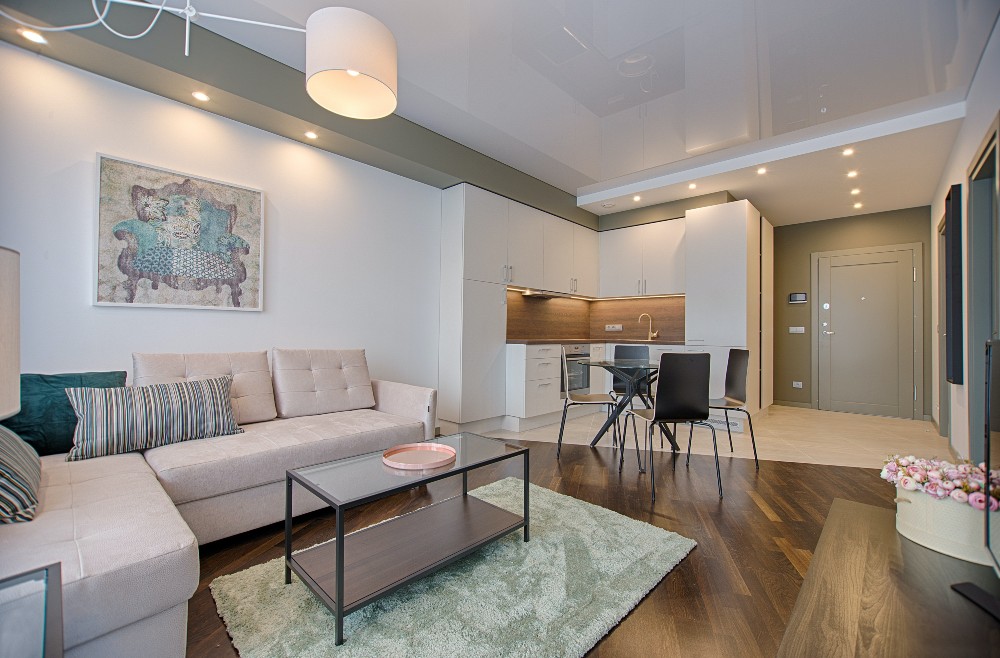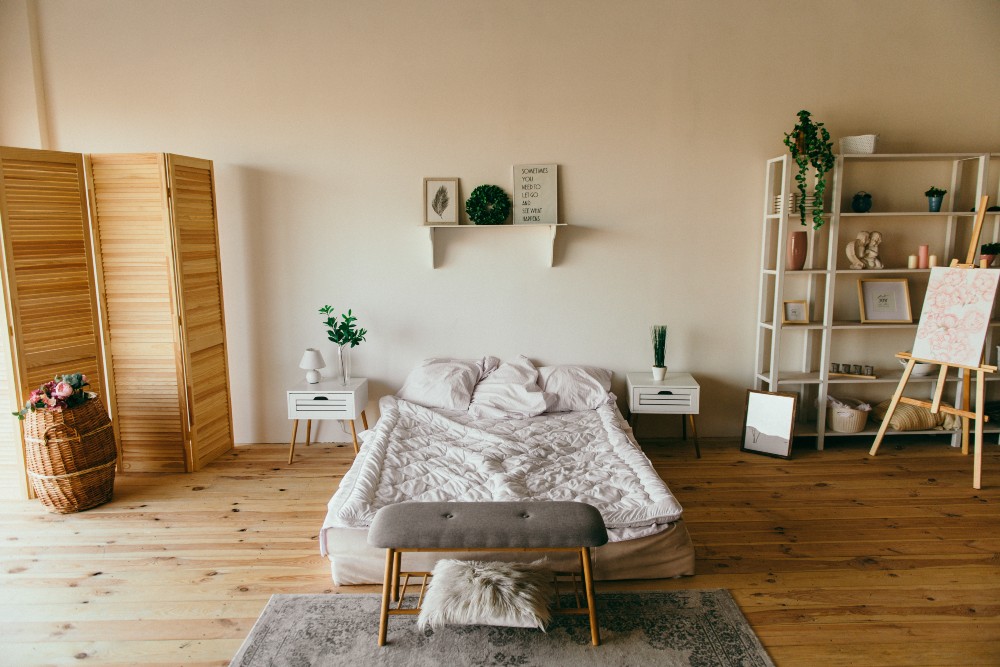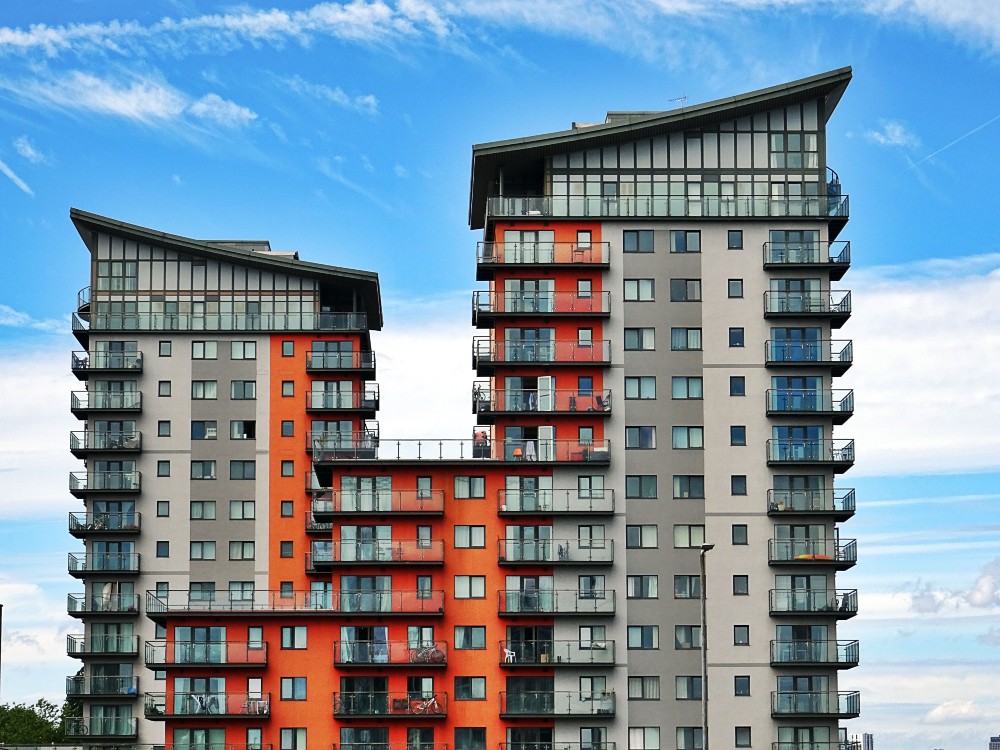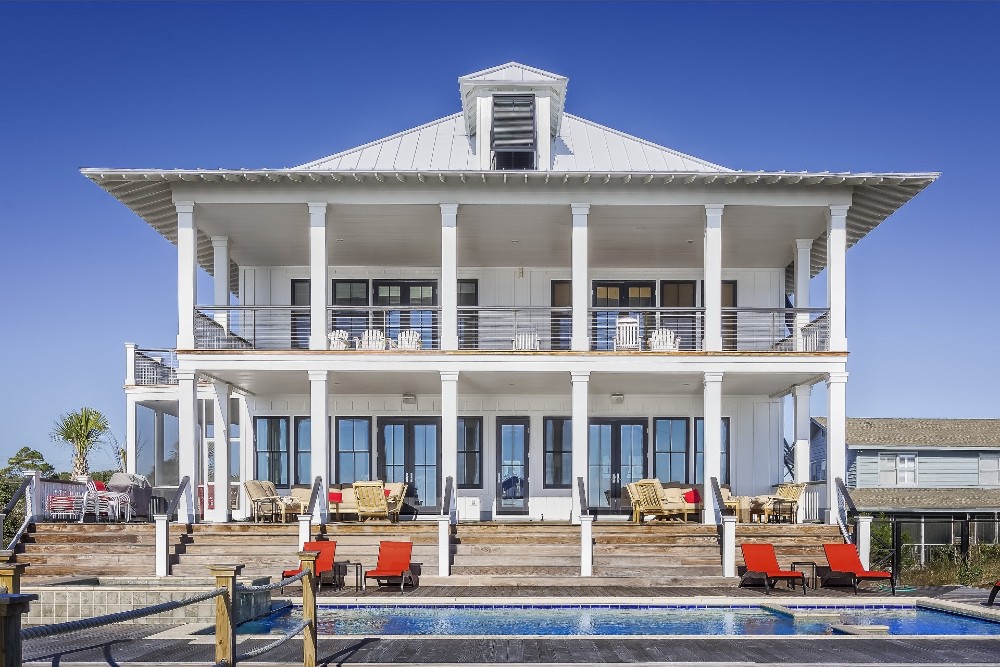A brief outline
Buying a house to flip and buying a house to rent out are both successful real estate investment strategies, however choosing between the two can be difficult. Consider the pros and cons to each and how they align with your investment goals, as well as what the real estate market in your chosen location looks like, before choosing a path.
Main Topics
Investing in real estate allows you to design the experience that works best for you. There are a variety of options to suit different investors in terms of capital, timelines and outcomes. There are no hard and fast rules to deciding which strategy is best for you, and often a mix of strategies can be effective.
Many people who enter the real estate market as investors consider flipping homes or buying property to rent. However, these two strategies are totally different and deciding which is best for you can be tough. They are both effective, but it all depends on your goals as an investor, and what the real estate market looks like in the area where you’re investing.
Let’s take a look at what is involved with each real estate investment strategy, and what the advantages and disadvantages are, so that you can make an informed decision.
The difference between flipping and renting
Flipping houses involves buying a property, fixing it up and then selling it. It requires active participation from the investor to find a property, purchase it, get contractors, sort out insurance and manage the project, then sell the property.
Rental properties involve buying a property to rent out to tenants. Often investors will hire a property management company to take care of the rental side of things, such as sourcing tenants. Essentially, this strategy simply requires finding the property and purchasing it, then hiring a property management company to do the rest. So investors can take a more passive role.
The key difference between the two strategies is that one is passive income and the other is active income. Passive income requires no major participation from the investor, and active income requires a certain amount of effort from the investor.

House flipping strategies
Investors who have been successful in house flipping often use one of two strategies. They either buy a house that is in distress and is sold at below market value, make some improvements and sell it again. Or they buy a fixer-upper specifically, which needs a lot of work, then repair and renovate the property to increase the market value specifically.
If you choose to find a distressed property, it’s a good idea to find homeowners that are likely to default on their mortgage or cannot maintain their home any longer. If you choose to find a fixer-upper, you will need to prepare for extra costs for larger repairs, improvements and maintenance.
Rental property investing tips
Before you invest in a rental property, you should work out your potential rental earnings by looking at other properties in the area which are a similar size and are also being rented out. Once you’ve worked this out, you can decide which deals are good and which won’t offer a return that’s worth your while.
Rental property investing is referred to as a “buy and hold” investment, because the longer you own a property, the more it appreciates in value and therefore the bigger returns you’ll be getting on your investment. If you can’t afford to purchase a rental property, another approach is to flip a house first, and use those funds to purchase the rental property.

Pros to flipping houses
- Flipping homes is a good way to make a large amount of money in a short period of time. House flips are often completed in a 3-to-6-month period and can produce a profit of tens of thousands of dollars. This is a relatively short period of time to earn a profit, and if you can manage to make a few flips in a year you could be looking at hundreds of thousands of dollars in profit.
- It’s not a long-term investment, you’ll only need to be committed for a few months and then the deal is done and you can make a profit. Essentially flipping houses is a short-term commitment that doesn’t involve managing a property for years and is therefore more attractive to those looking to make money quicker.
Cons to flipping houses
- Your income from flipping houses isn’t consistent, you’ll only be making money once the home is renovated and then sold. If you’re giving up a steady income to begin flipping houses, be aware that your income will no longer be a steady stream and will be intermittent.
- Your income is limited to the number of flips that you can do, which means that you’ll only make money as an investor when you find another flip to do, get it funded and then sell it again. So, your income is also directly related to your capacity.
- There are extra costs to flipping houses that include taxes on your capital gains, because capital gains tax applies on properties that are sold for more than what they were bought for. There are also the buying costs and closing costs that come with property purchases and sales. These costs will impact the amount of profit you can make from each house you flip.
- Your profits largely depend on the market conditions at the time and when the market crashes, you can lose a substantial amount of money as house prices can drop drastically. The real estate market will be the main influence of how much profit you can make from each flip, so you’re essentially at the mercy of the market.
- Unexpected expenses can crop up with any house flip, and these can take away from your overall profit. Things like ineffective contractors and unforeseen repairs can cause delays on projects, cost more and take away from your final returns. This can be particularly detrimental to new investors, so bear this in mind when you begin investing.

Pros to rental properties
- Buying a rental property offers investors a passive income, with can continue for years. This can contribute towards creating financial freedom, once you’ve purchased a few properties to rent out and your rental property portfolio grows over time.
- Economic events like recessions won’t impact your income as much because you can continue to rent out the property which means that you’ll still be making money.
- Property appreciates in value over time, which means that over time your investment will be worth more. So, if you decide to sell the property at a later time you’ll more than likely get a good return on your initial investment.
- There are certain tax advantages to renting out a property that you own. Maintenance, mortgage interest, property repairs and more can be written off as expenses when it comes to tax. Wear and tear will also count towards tax as this can lower the value of a property over time.
Cons to rental properties
- One of the main downsides to this type of real estate investing is that it’s a lot of work, and you’ll be responsible for maintaining the property for as long as you own it. If you don’t wish to be a landlord however, you can hire a property management team to handle all of this but remember that this will cost you money and potentially eat into the profits you’ll be making. If you’re planning to manage the property or properties yourself, you can bank on this being a fulltime job.
- Your property can be left vacant sometimes and you’ll need to think ahead for these months so that you’ve got a plan B. This can be due to economic conditions, a high rental or low demand for rental properties at the time. This can in turn impact your return on investment, so it’s important to plan for 1 to 3 months of the year being vacant.
Final thoughts
There’s no right or wrong answer to whether fixing and flipping or buying property to rent is a better strategy. This depends entirely on the amount of capital you have, how much time you can spend on the project, along with what your investment goals are. If you’re looking for a quick way to make money, then fixing and flipping may be the best option for you, however if you’d like to build up a portfolio that can give you passive income for many years, then investing in a property to rent out would be your best bet.



